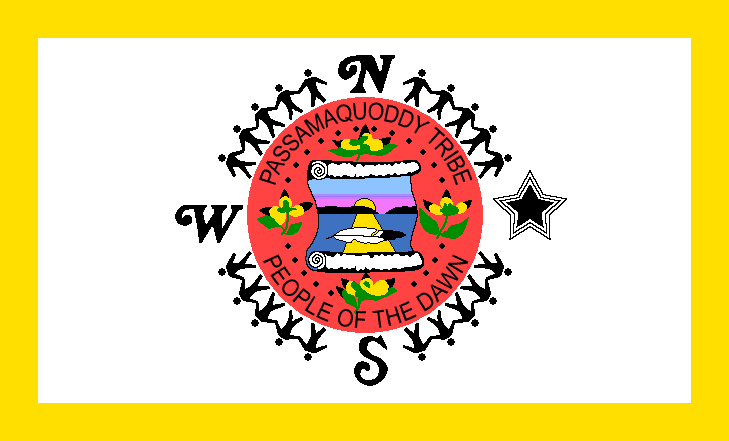The Passamaquoddy Indian Tribe was a Northeastern Indian Tribe that lived around the area of Maine, United States, and New Brunswick, Canada. These were some of the first Native Americans that the French came in contact with when they were exploring the New World.
The Passamaquoddy Indian Tribe was part of the Wabanaki Confederacy which was a First Nations and Native American confederation of five principal Algonquian nations: the Micmac, Maliseet, Western Abenaki, and Penobscot, with the Western Abenaki being a loose identity for a number of allied tribal peoples like the Pennacook, Sokoki, Cowasuck, Missisquoi, and Arsigantegok, among others.
History and Present Day
The Passamaquoddy Indian Tribe had an oral history, like many Native Americans, prior to the Europeans arriving. They were part of the Wabanaki Confederacy and occupied the coastal regions along the Bay of Fundy, Passamaquoddy Bay, Gulf of Maine, and along the St. Croix River.
Due to the weather and lack of agriculture, the Passamaquoddy was primary a hunter/gatherer culture that had seasonal patterns of settlement. They followed where the food would be, which meant that in the winter, they hunted inland, and during the summer, they moved towards the water and ate seafood such as marine mammals, mollusks, crustaceans, and fish.
Upon the arrival of Europeans, the Passamaquoddy, like all Native Americans, began being pushed out by incoming settlers. While the French tended to treat the natives better than the English, the balance of power shifted after the French and Indian War when the French were expelled out of Canada.
The balance of power shifted further when the United States defeated the British in the American Revolution. American citizens continued to push their boundaries further than they were previously.
The Passamaquoddy now lives in the Indian Township Reservation and controls the Passamaquoddy Pleasant Point Reservation in Maine. Passamaquoddy has also lived on off-reservation trust lands in five Maine counties; these lands total almost four times the size of the reservations proper.
The Passamaquoddy also live in Charlotte County, New Brunswick, Canada, where they have a chief and organized government. They maintain active land claims in Canada but do not have legal status there as a First Nation. Some Passamaquoddy continue to seek the return of territory now within present-day St. Andrews, New Brunswick, which they claim as Qonasqamkuk, a Passamaquoddy ancestral capital and burial ground.
The Passamaquoddy, along with the neighboring Penobscot, are given special political status in the U.S. state of Maine. Both groups are allowed to send a nonvoting representative to the Maine House of Representatives. Although these representatives cannot vote, they may sponsor any legislation regarding Native American affairs and may co-sponsor any other legislation.

